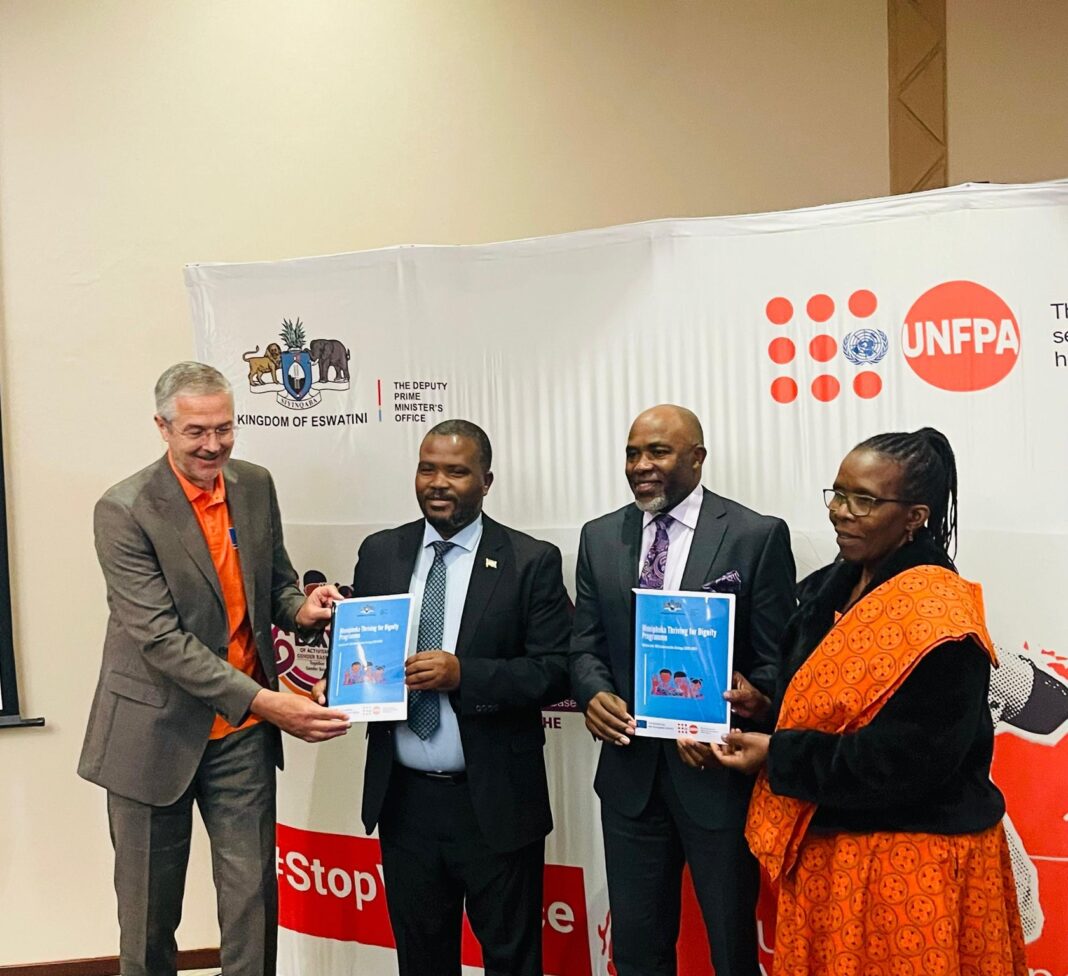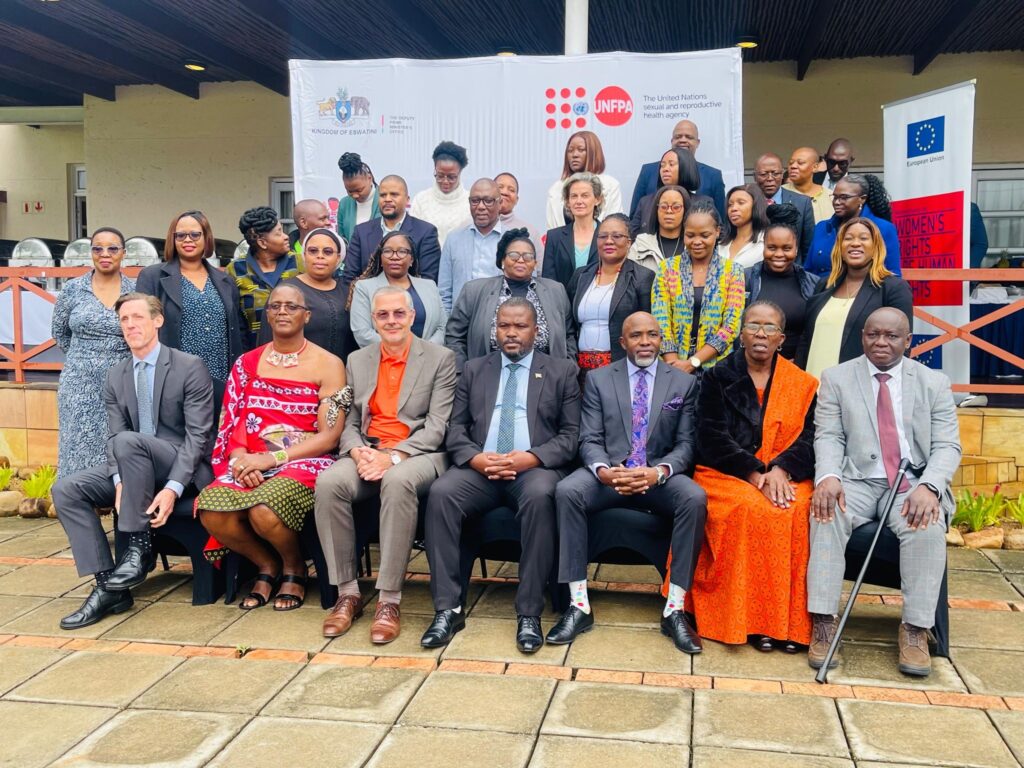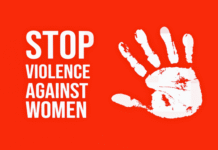
WITH gender-based violence cases (GBV) cases reported almost on a daily basis, Deputy Prime Minister Thulisile Dladla said for 2025, the statistics are likely to be alarming as from January to June, 8 859 have already been logged.
In 2024, the DPM revealed that the country recorded 14 335 cases of violence.
| Eswatini Observer WhatsApp Channel
Speaking through Minister of Tinkhundla Sikhumbuzo Dlamini during the launch of the 16 Days of Activism Against GBV National Campaign 2025 held at the Royal Villas yesterday, Dladla said the figures recorded so far suggested that the statistics might be worse.
This she, said, placed the country on a dangerous trajectory unless urgent collective action was taken.
The event was themed ‘End Digital Violence Against All Women and Girls.’
Dladla added that the country was standing at a critical point as both traditional and technology-driven forms of violence continued to rise at alarming rates.
RELATED | GBV remains pervasive in Eswatini – UNFPA
“These numbers are not just statistics. They represent lives disrupted, families broken and communities scarred. Without decisive intervention, we are on course to surpass last year’s figures.”
The DPM emphasised that while physical abuse remained deeply entrenched, digital spaces had fast become the new frontier of violence. She cited cyberbullying, online extortion, digital stalking and the non-consensual sharing of intimate images as emerging threats that disproportionately target women and children.

“As technology becomes more embedded in our lives, so too have abusers found new ways to exploit it. We cannot allow technology to become a weapon. It must remain a tool for empowerment, education and protection,” she said.
Despite the grim numbers, Dladla highlighted key legislative progress. The Sexual Offences and Domestic Violence (SODV) Act of 2018 and the Computer Crime and Cybercrime Act of 2022 were noted as foundational pillars in combating both physical and digital violence. These laws criminalise harassment, stalking, harmful communication, revenge pornography, and online extortion, while strengthening the ability of law enforcement to investigate and prosecute offenders operating behind digital anonymity.
She further acknowledged development partners, civil society, and community groups who continued to support survivors despite shrinking funding for gender-based violence programmes.
As the nation embarks on the 2025 campaign, the DPM issued a strong call to action: protect digital spaces, strengthen enforcement and empower survivors to seek help without fear.
“Ending violence is not a task for government alone. It is the responsibility of every Liswati. Together, we can build a safer Eswatini for this generation and the next,” Dladla said.
Royal Eswatini Police Service (REPS) Director of Fraud and Commercial Crime Unit Assistant Commissioner Nicholas Jele highlighted a critical issue facing many communities, the pervasive fear that prevents survivors of GBV from coming forward to report their experiences. His emphasised the urgent need for heightened awareness, support systems, and active community engagement in addressing this grave social concern.
Jele’s comments reflected a troubling reality observed in numerous communities; survivors of GBV often feel intimidated and unsafe when considering whether to report their experiences to the authorities.
“This fear can stem from various factors, including societal stigma, lack of trust in law enforcement, and concerns about retaliation from perpetrators,” he said.
Jele urged survivors to speak out, assuring them that the police are equipped and ready to investigate such cases thoroughly and sensitively. “Our mandate is to protect and serve and we have all the necessary mechanisms in place to ensure that cases of gender-based violence are addressed with the seriousness they deserve.” he said.
Jele said this commitment to fostering a safe environment for survivors was crucial as it encouraged individuals to break the silence surrounding their suffering and seek the help they need.
He said the 16 Days of Activism campaign, an international effort aimed at combating GBV, served as a vital platform for raising awareness and promoting action against violence towards women and marginalised groups.
READ MORE | GBV laws that abusers laugh at
In a complementary statement, Margaret Thwala-Tembe United Nations Population Fund (UNFPA) Head of Office, emphasised the importance of parental involvement in mitigating risks that children face online and offline.
Thwala-Tembe pointed out that parents must take an active role in monitoring their children’s usage of technology, particularly smartphones, to protect them from exposure to harmful content and potential exploitation.
She stressed that control and guidance at home are essential parental responsibilities that can shield children from the dangers associated with cyberbullying and online predators.
Eswatini Observer Press Reader | View Here









